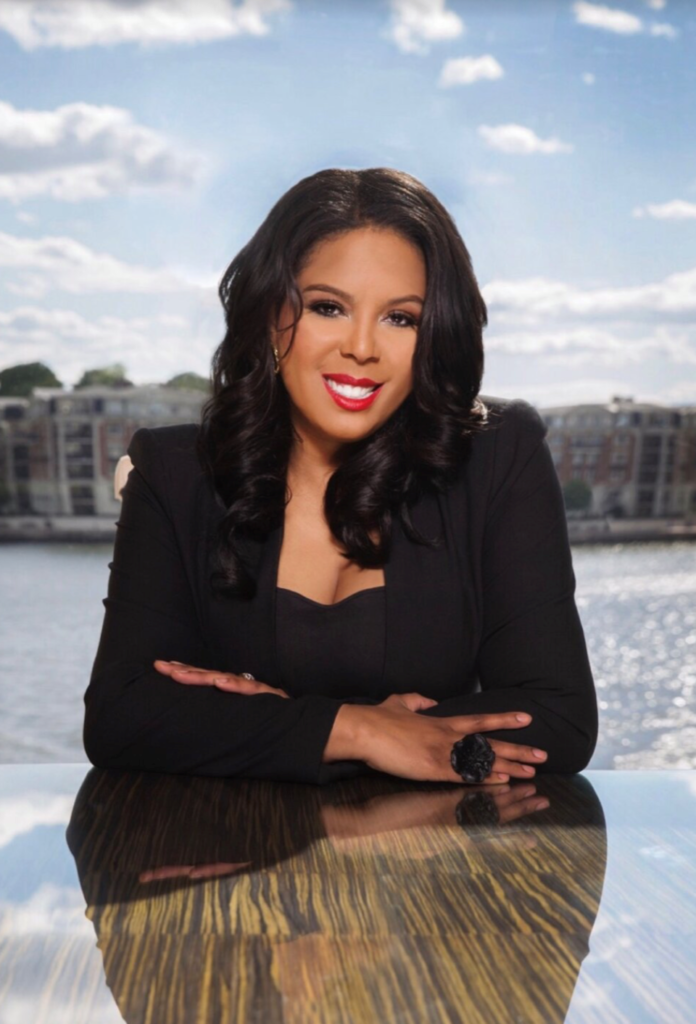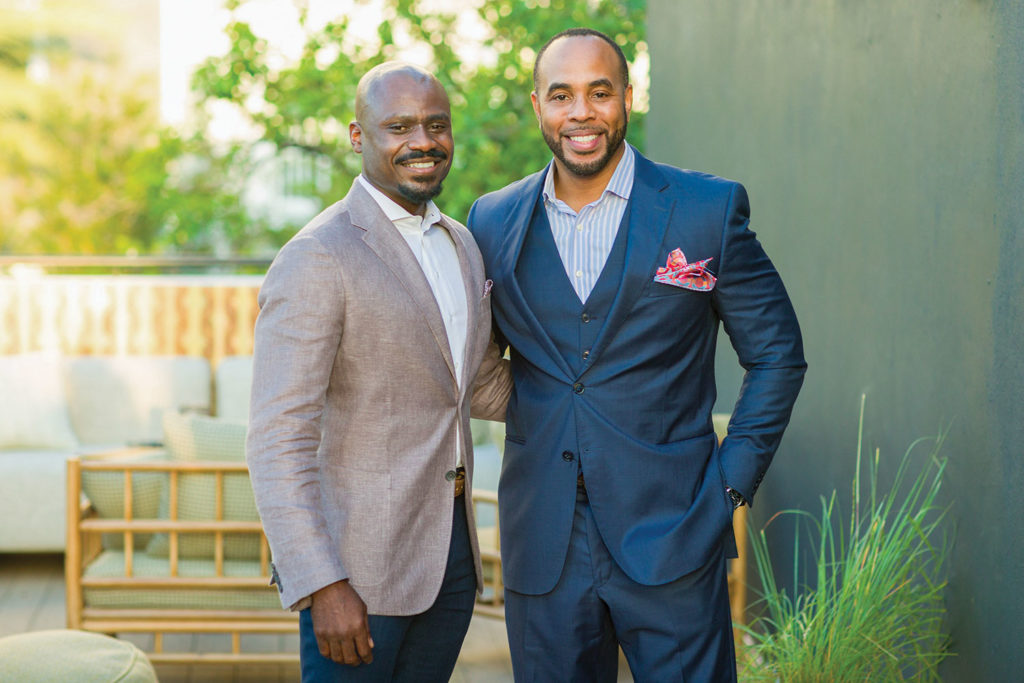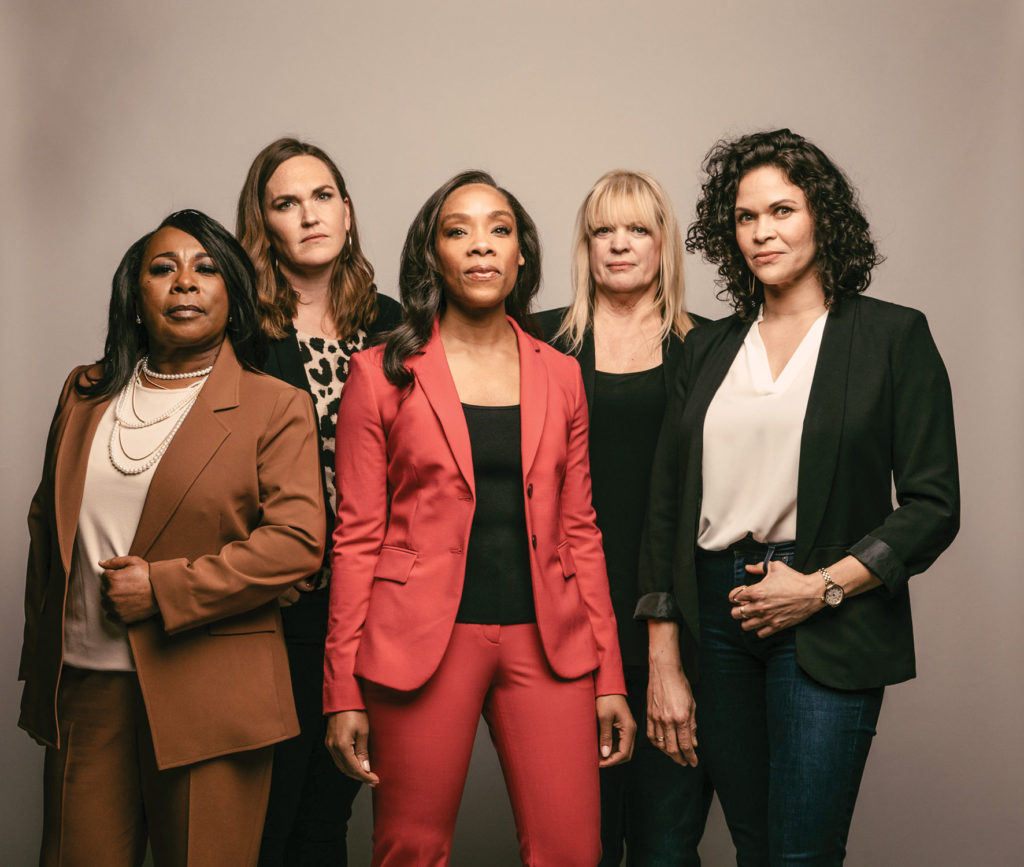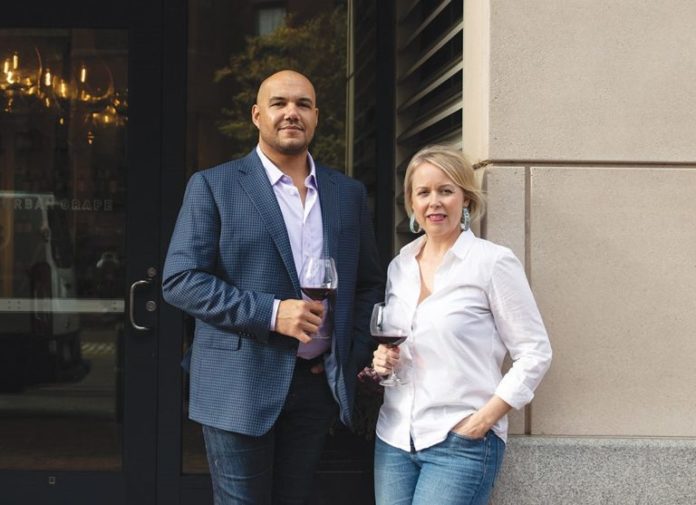The recent, much-needed emphasis on diversity, equity and inclusion (DEI) in the beverage alcohol industry is reflected by the rise of successful brands with diverse ownership. Gradually, industry leaders represent a broader range of cultures, ethnicities and backgrounds.
This is important for many reasons.
For far too long, representation among minority groups in the upper management of alcohol companies has remained sparse. Equal opportunity has not always been afforded to everybody. And minority members may not believe they belong in the C-suite when they don’t see others like them represented there.
Another crucial reason for DEI is economical.
“If you just do the math, and see that the future of the world is becoming more diverse, then you know you need to attract that kind of audience,” says Dia Simms. Previously the president of Combs Enterprises, Simms is now CEO of Lobos 1707 Tequila and Mezcal, a brand whose investors include LeBron James, Maverick Carter and Draymond Green.
Simms is also cofounder of Pronghorn, a stand-alone business that’s dedicated to cultivating the next generation of diverse founders, executive leaders and entrepreneurs in the alcohol industry.

“If you understand where the world is going, then you know that diversity has got to be greater everywhere, from behind the bar to who’s sitting on the barstool to up in the board room, in order for the industry to be effective,” Simms says. “It’s just good business, I can’t say it enough: DEI is mission critical to growing the industry.”
Meaningful Moves in DEI
Pronghorn launched in 2021 to help address DEI issues, with Diageo as the anchor investor.
According to Pronghorn research, while Black Americans represent 12% of alcohol consumers across categories, they make up just 7.8% of the sector’s labor force, and 2% of executives in the industry. To address these gaps, Pronghorn seeks commitments from suppliers, distributors and retailers to fill 1,800 roles within the industry during the next 10 years.
This also speaks to a primary issue at hand with DEI. It’s one thing for a company to market or post on social media about supporting minority groups. And it is an easy win for that company to hire a DEI specialist to check off that box for their staff. But making a quantifiable, meaningful difference is another thing entirely.
“Pronghorn is meant to be a modern solution to solving the challenge,” Simms says. “Corporations know how many people they need to add to reach that [12%] number. This is about putting your money where your mouth is, about putting people and time towards making a real change.”
Simms sees this strategy as effective not just for the Black community, but any group of people who are underrepresented.
“We’re trying to build a blueprint for moving forward,” she says. “In order to be successful, you have to build sustainable change. We’re building a formula that can be replicable for other communities, too.”
Looking across the larger business world, Simms sees more work ahead.
“There really is no American industry that has gotten it right yet,” she says. “It’s important that we shift the mindset of DEI simply being something extra that a company has to do. There’s a genuine disconnect with people who have good intentions, but are not linking that up with actual impact.”
Nonetheless, she is proud of how far the alcohol industry has come with regards to the mission. Earlier this year, The Distilled Spirits Council of the United States (DISCUS) partnered with Pronghorn this year to increase hiring from within the Black community among leading spirits suppliers.
“I’m humbled and impressed with how the industry is working with us and DISCUS to make a difference,” Simms says. “I applaud Diageo, where the last two CFOs in a row now have been a woman. They’re doing it for real, and the results are showing.”
Growing Brands
Pronghorn has identified 11 areas in which new alcohol entrepreneurs need help. The company is dedicated to helping grow emerging, minority-led brands by offering advice and investment. The company’s 10-year plan includes the goal of investing in 57 Black-owned brands.
This is indicative of a movement currently underway among successful Black leaders in the industry. Those who have already made it are reaching back to help guide the next wave of entrepreneurs.
Duke & Dame is a salted caramel flavored whiskey brand that began business in 2018. Cofounders Chima Burey and Amani Macaulay have used their success to help others.

“We want to be a beacon for other people who want to be in the industry,” Macaulay says. “We’re always approached by other people who want to be in the industry but don’t know how.”
“When we were starting out, we got awesome advice from people already in the industry, but none of these people looked like us,” Burey says. “Advice from anyone in the industry is great, but it’s very helpful when that person can also understand the full struggles of what you’re going through.”
The duo behind Duke & Dame now offers their expertise to others who face similar challenges starting out. This helps build towards a more equitable future.
“Historically, whiskey has been an industry dominated by non-minorities,” says Burey. “But within the whiskey space, there’s a long tradition of African Americans playing a large role at the onset of the industry. Slaves and former slaves worked for these early distilleries. Unfortunately, much of that history has been lost.”
“Now, there’s a movement to instill that history back into the industry,” he adds, “to pay homage to the trailblazers.”
One such trailblazer who has finally gotten his due in modern times is Nathan Green. Known as Uncle Nearest, he was born into slavery and later freed after the Civil War. In the late 19th century, Green became the first African American master distiller on record in the U.S. while working at a preacher’s distillery near Lynchburg, TN. Here, he mentored a young Jack Daniel, including lessons on the charcoal-filtering process — a specialty of Green’s.
Daniel would later hire three of Green’s sons when the protégé opened his own distillery. Seven generations of Green’s descendants eventually worked at Jack Daniel Distillery. Despite this remarkable legacy, though, few people outside of Lynchburg had ever heard about Green. His momentous accomplishments had been swept into the dustpan of history in American whiskey.
Thanks to an investigative article published by the New York Times in 2016, Green finally received his long-overdue recognition. Brown-Forman officially recognized him as its first master distiller in 2017. Tours at the Jack Daniel’s Visitors Center now include a large exhibit about this American whiskey trailblazer.
Green’s legacy also continues with the whiskey brand named after him. Founded by the entrepreneur, historian and author Fawn Weaver, Uncle Nearest Premium Whiskey launched in 2017. In a moment that marked progress on multiple fronts, Weaver became the first African American woman heading a major spirits brand, while the company was the first American spirit brand with an all-female executive team.
That includes chief business officer Katharine Jerkens.
“DEI has been important for a long, long time,” she says, “it’s just that in the last few years it’s come more to the forefront, with everyone sitting still during 2019 and reflecting more on things. Then 2020 came to a boil with so many things happening with civil rights, especially in May and June. A lot of companies woke up and said, we need to show support for BLM. A lot of companies are paying attention for longer.”
In the question of which companies are checking a box versus making a difference, there’s no doubt about Uncle Nearest’s intentions. Weaver, her husband and the company have launched the Nearest Green Foundation, a nonprofit that upholds Green’s legacy and supports his many ancestors, including through college scholarships.
“Fawn brought together all of his descendants and said, ‘You come from this legacy of excellence, and should hold your heads up high and continue that excellence’,” Jerkens says.
Jerkens addressed one of the criticisms sometimes levied against DEI initiatives: that they promote certain groups of people at the disadvantage of others.
“White males shouldn’t be excluded, they need to be part of the system, but women, Blacks, Hispanics and other groups need more representation,” she says. “We’re trying to create something that really looks like the diversity of real life.”
To help accomplish this, Uncle Nearest partnered with Jack Daniel’s in 2020 to launch the Nearest & Jack Advancement Initiative. The companies pledged $5 million to develop the Nearest Green School of Distilling, create the Leadership Acceleration Program for apprenticeships and establish the Business Incubation Program. The latter focuses on providing expertise and resources to African Americans entering the spirits industry as entrepreneurs. This joint initiative is guided by an advisory board with members from both organizations.
The first graduate from this program was Du Nord Spirits, a black-owned distillery damaged in the 2020 George Floyd protests in Minneapolis. Du Nord worked with industry experts to transform the company’s branding and packaging, and received mentorship from leaders at both Uncle Nearest and Brown-Forman. Additionally, the distillery increased its distribution footprint, which now includes 10 states across the U.S.
Beyond the program, Uncle Nearest assists in other ways. “We’ve created a Black business booster,” Jerkens says, wherein new entrepreneurs can contact the company for advice. “We’ve helped 15 or 16 brands. It’s like a ‘phone a friend’. Questions like, ‘How do you get an investor? How do you get a distributor?’

Progressive Wine
Another company that has made significant efforts and investment towards improving DEI in the industry is Urban Grape. This leading wine retailer in Boston — and top-10 member of our 2022 Top 100 Retailers — in 2020 launched the Urban Grape Wine Studies Award for Students of Color at Boston University. This supports members of the Black, Indigenous, and People of Color (BIPOC) communities interested in careers in the wine industry.
“In our industry there is a lack of diversity in ethnic background and race,” says TJ Douglas, who owns the company with his wife, Hadley. “We created the scholarship to help make that change.”
“From a business side, if you have a more diverse set of employees, it makes you look at your business from many different ways,” he adds. “From the customer side, if you have a more diverse company, and DEI is important to your company in the products you sell, then you’re going to widen your customer base.”
Douglas believes his store has one of if not the largest selection of BPOC brands in New England. But he clarifies, “We don’t just bring in a product to check off a box because the founder is Black. There’s lots of SKUs that we don’t carry because they don’t fit our program in style or price point. They have to be great products that also stay true to our story.”
Echoing Jerkens, Douglas urges people to “understand that DEI is greater than just black and white. Are you a veteran? Someone with a disability? It’s about bringing in people who are LGBTQ+. Female-owned alcohol brands. Yannick Benjamin is a sommelier in a wheelchair who started a restaurant that accounts for people who have disabilities.”
The Urban Grape scholarship has also led to the Progressive Wine Company. As students travel to California and other wine regions on paid internships, they help create branded wines sold through the Progressive Wine Company. Proceeds from these sales go towards the next year’s scholarships.
“We’re creating a whole ecosystem of students who change the wine industry, one vintage at a time,” Douglas says. “One of the biggest issues behind a lack of diversity in this industry is that a pipeline barely exists. We’re creating that pipeline.”
“I don’t know if these kinds of opportunities existed three years ago,” he adds. “Everything that has happened in recent years has put a spotlight on DEI. There are a lot more opportunities now.”
Kyle Swartz is editor of Beverage Dynamics magazine. Reach him at kswartz@epgmediallc.com or on Twitter @kswartzz. Read his recent piece The 2022 Spirits Growth Brands Awards — Honoring the Hottest Brands.










